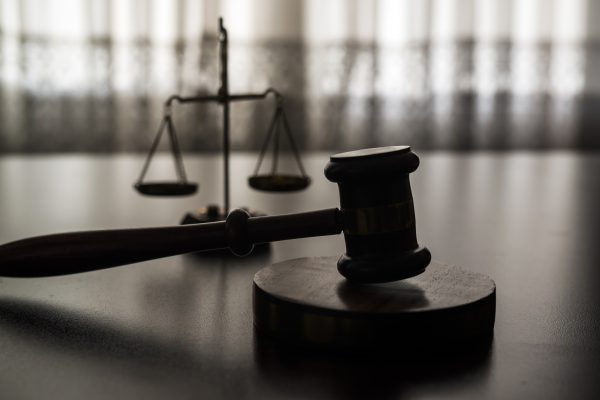In Small Claims court cases (usually under £10,000) the general principle is that each party bears their own legal costs.
In other words, if you chose to appoint a solicitor and win, you still have to pay for his or her time. Unlike cases that are over the Small Claims threshold, where the loser pays the winners’ legal costs. This is to discourage the risk of disproportionate legal costs for “small” disputes. Not that £10000 is a “small” amount for most of us!
However, the Civil Procedure Rules (CPR) state that costs can be awarded against a party in a small claims hearing where the other party has demonstrated unreasonable conduct. That includes (but is not limited to) declining an offer to settle – CPR 27.14(2)(g) and (3).
We recently had such a case where our client asked for their legal representatives’ attendance costs to be met by an “unreasonable” litigant in person. One who (amongst other things) was faced with an expert witness report that made it clear that any issues now with the car were nothing more than to be expected and one who refused to accept the subsequent offer to drop the case in return for our client agreeing to pay for that report in full and to waive any expenses that they would seek if they attended court.
The judge ruled that the claimant’s evidence was “shoddy in the extreme”, dismissing his claim. And upon reading the settlement offers that were declined, ordered that the defendant pay all the expert witness fees as well as the cost of the advocate attending court. Some litigants in person think that the “no costs” rule allows them to bring the most “ambitious” of cases and can treat the court and their opponents with contempt. This shows that it not wise so to do.

Need help with keeping on track with FCA Regulation and Compliance? Partner with Automotive Compliance







